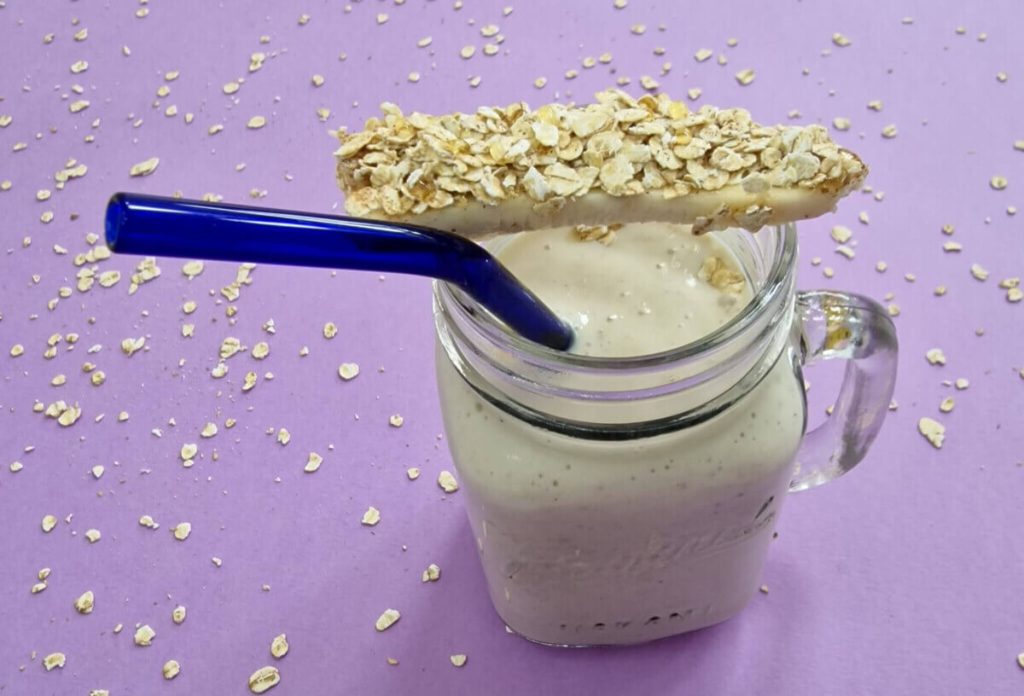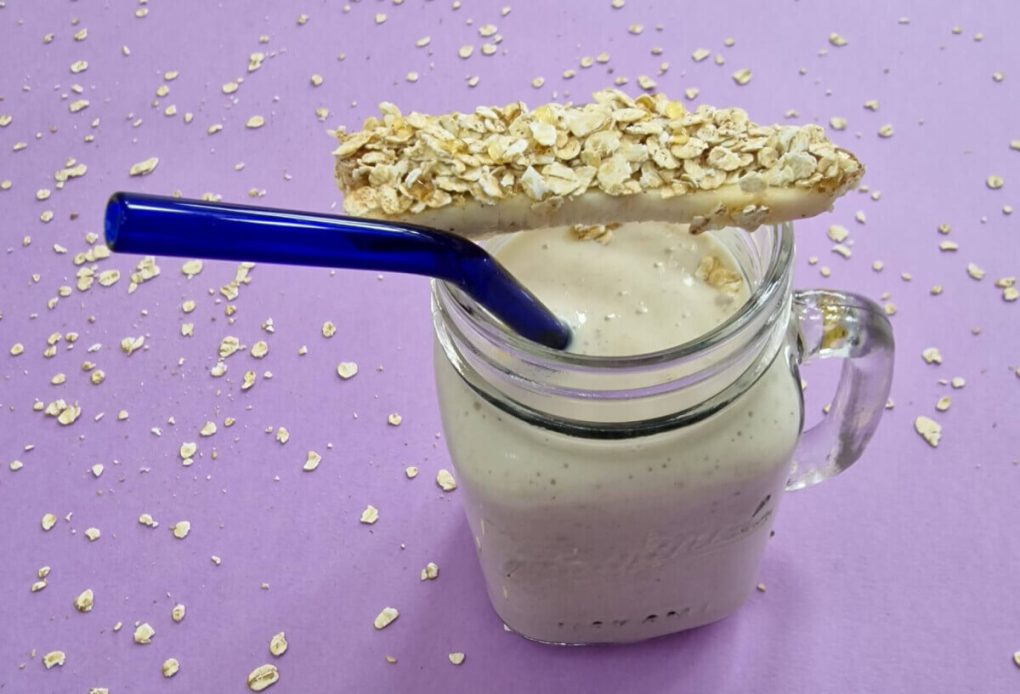This probiotic may protect against a dangerous toxin in many household items
 By StudyFinds
By StudyFinds
A simple yogurt supplement could help protect people from the hidden dangers lurking in everyday household items. A groundbreaking study from the University of California-Riverside is offering hope for those worried about our exposure to pervasive fire-retardant chemicals.
Polybrominated diphenyl ethers, or PBDEs, are everywhere. They’re in your couch, a child’s car seat, electronic devices, and countless other products designed to resist catching fire. However, these ubiquitous chemicals come with a dark side: they can disrupt hormones, persist in the environment, and potentially harm developing bodies.
The research, published in the Archives of Toxicology, reveals a surprising defender against these toxic intruders: Limosilactobacillus reuteri (LR), a probiotic found in common foods like yogurt, sourdough bread, kimchi, and sweet potatoes.
“Exposure to PBDEs during the perinatal period produces autistic-like behavior and metabolism syndrome in mice,” explains lead researcher Margarita C. Curras-Collazo in a university release.
Her team’s study demonstrates how a simple probiotic supplement given to mothers could mitigate these harmful effects. The researchers conducted a carefully controlled experiment with mice, exposing pregnant and nursing mothers to a mixture of PBDEs over 10 weeks – a timeline designed to mirror typical human exposure. Some mouse mothers received the LR probiotic, while others did not.
The results were striking. Male offspring exposed to PBDEs experienced delayed weight gain and abnormal tooth eruption. Female offspring showed heightened hyperactivity and unusual digging behaviors. However, when mothers were given the LR probiotic, most of these negative effects were dramatically reduced.
“Maternal probiotic therapy with LR corrected most of the behavioral and metabolic abnormalities caused by PBDE exposure,” says Elena Kozlova, a doctoral student involved in the study.
Particularly noteworthy is the potential impact on vulnerable populations.
“Low birth weight, among other developmental markers, is an established predictor of adult health outcomes. Sadly, underserved, low socioeconomic populations are disproportionately affected in terms of pollutant exposure and health outcomes,” medical student Maximillian Denys points out.
The research suggests that probiotics might offer a simple, low-risk intervention to protect against developmental and metabolic issues caused by environmental toxins. While the study was conducted on mice, the researchers are optimistic about its implications for human health.
“By better understanding how probiotics and environmental toxins interact, we can use these therapies as early interventions to mitigate long-term health problems,” Curras-Collazo emphasizes.
The study doesn’t claim to be a magic bullet, but it opens an exciting avenue of research.
“Although our findings must be replicated, they suggest that we can act to safeguard the health of our children against toxic chemicals for which there are no strategies for removal from our bodies,” Curras-Collazo adds.
For now, parents might want to consider adding probiotic-rich foods to their diet – a simple step that could potentially offer some protection against environmental toxins.
Paper Summary
Methodology
The study investigated how a probiotic called Limosilactobacillus reuteri (LR) could protect against the harmful effects of PBDEs, a group of toxic chemicals commonly used as flame retardants. Pregnant and nursing mice were exposed to PBDEs through their diet, while some were also given the probiotic.
The researchers studied the offspring of these mice to see how PBDEs affected their development, behavior, metabolism, and gut bacteria. By comparing groups with and without probiotic treatment, they aimed to determine if probiotics could reduce or prevent these harmful effects.
Key Results
The researchers found that PBDE exposure disrupted the gut bacteria in the offspring, causing different effects depending on age and sex. When probiotics were given, these changes were reduced, leading to healthier gut diversity. PBDEs also delayed growth in male offspring, but probiotics helped them grow at a normal rate.
In female offspring, probiotics promoted early growth even when PBDEs weren’t involved. Behaviorally, PBDEs caused hyperactivity and repetitive actions, which the probiotics lessened, particularly in females. Finally, PBDE exposure led to issues with blood sugar control and insulin balance, but probiotics significantly improved these problems in females, while results in males were more mixed.
Study Limitations
First, the study was conducted on mice, and while mice are a common model for human health research, the findings may not fully translate to humans. The study also focused on a specific probiotic strain and a particular mixture of PBDEs, meaning other probiotics or toxic exposures might yield different results. Additionally, the study observed effects in a controlled laboratory environment, which might not account for real-world factors like diet, stress, or other environmental exposures.
Discussion & Takeaways
This research highlights the potential for maternal probiotics to mitigate the harmful effects of environmental toxins like PBDEs on offspring. The findings suggest that gut health plays a critical role in overall well-being and can influence development, behavior, and metabolism.
The sex-specific differences observed emphasize the need for tailored approaches in addressing the health impacts of toxins. This study underscores the importance of preventive measures, such as improving maternal nutrition and microbiome health, to protect future generations from the adverse effects of environmental pollutants.
Funding & Disclosures
The research was supported by grants from the University of California, Riverside, and other affiliated institutions. The authors disclosed no conflicts of interest and declared that all experiments were conducted in compliance with ethical standards for animal research. Limosilactobacillus reuteri was provided as a gift from BioGaia, a company specializing in probiotics, but no financial incentives influenced the study’s outcomes.
Image: Breakfast smoothie made with probiotic yogurt and banana. (Credit: 72Point)
Source: StudyFinds
StudyFinds sets out to find new research that speaks to mass audiences — without all the scientific jargon. The stories we publish are digestible, summarized versions of research that are intended to inform the reader as well as stir civil, educated debate. StudyFinds Staff articles are AI assisted, but always thoroughly reviewed and edited by a Study Finds staff member. Read our AI Policy for more information.


